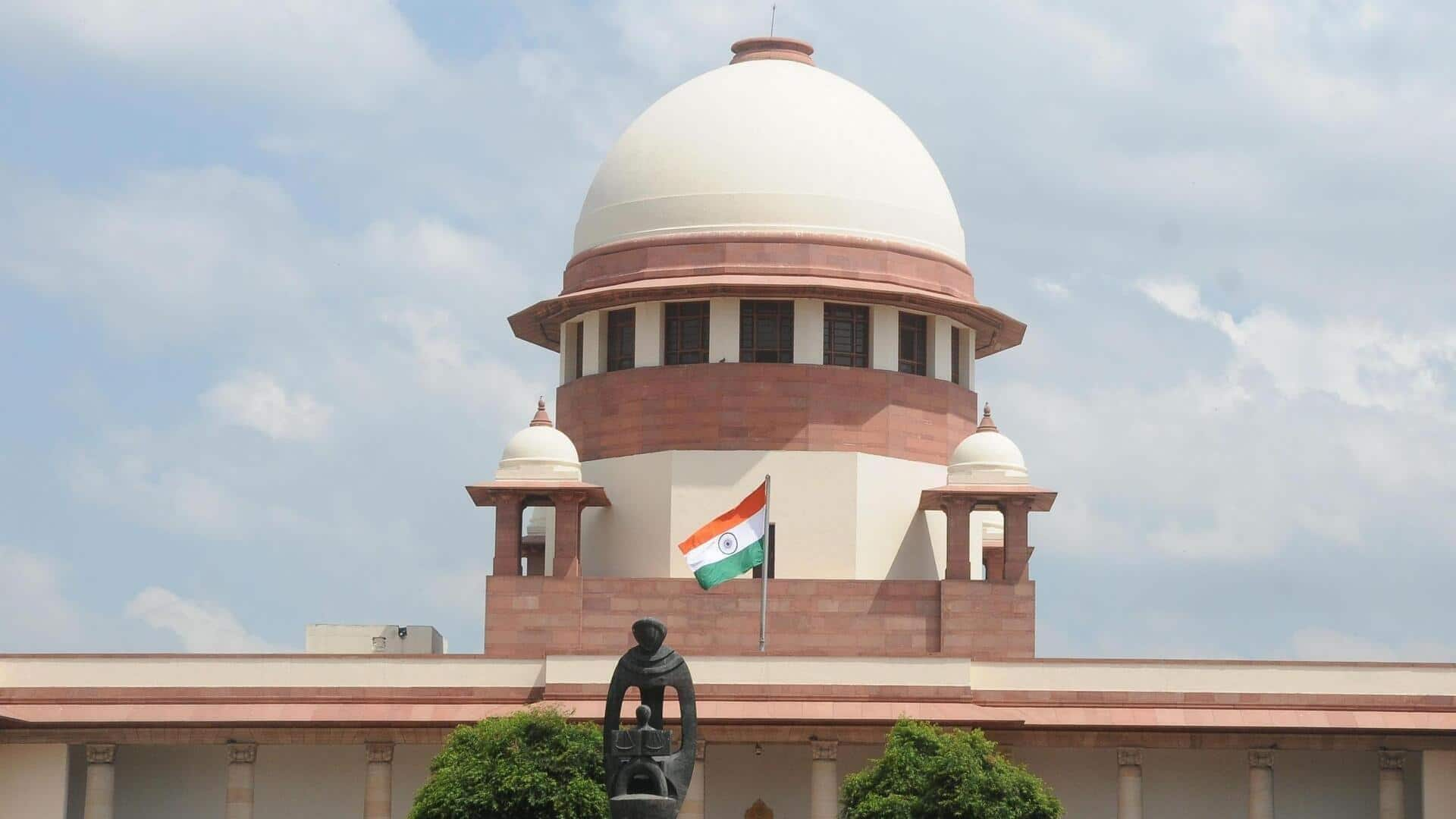
'Waqf Islamic concept..but not essential Islamic practice': Centre tells SC
What's the story
The central government once again defended the Waqf (Amendment) Act, 2025, in the Supreme Court on Wednesday, with Solicitor General Tushar Mehta arguing that waqf is a secular concept but is not an essential part of Islam. He said including non-Muslims in waqf boards is permissible as they perform secular functions like managing properties and auditing accounts. The arguments were made before a bench headed by Chief Justice BR Gavai during hearings on petitions challenging the amendment's validity.
Argument
Waqf is just charity in Islam: SG
"Waqf is nothing but just charity in Islam," SG argued. "Suppose majority of Muslims are not financially sound, would they cease to be Muslims? That's the test laid by SC. Many countries don't have waqf as a concept and there are trusts. Waqf per se is not an essential religious practice," SG said.
Legal distinction
Centre distinguishes waqf from Hindu trusts, endowment boards
Mehta next distinguished waqf from Hindu trusts and endowment boards, which do not allow non-Hindus as members. He argued that Hindu endowments deal with religious activities while waqf deals with secular ones. "Hindu endowment activities are very pervasive. It is under serious challenge. Hindu endowment commissioner can go inside temple. Pujari is decided by the State government. Waqf board does not touch upon religious activity at all," the SG said.
Legal challenge
Petitions challenge amendment's validity , Centre defends law
The Waqf (Amendment) Act was passed by the Lok Sabha on April 3 and received Presidential assent on April 5. The petitions challenging the amendment's validity include those filed by Congress MP Mohammad Jawed and AIMIM MP Asaduddin Owaisi. The petitioners argue that the amendments discriminate against Muslims and interfere with their right to manage religious affairs. However, six BJP-ruled states—Haryana, Maharashtra, Madhya Pradesh, Rajasthan, Chhattisgarh and Assam—have supported the amendment in court.
Legal defense
Centre defends abolition of 'waqf by user' concept
At the core of the issue is the removal of 'waqf by user' from the statutory definition of waqf. The Centre has defended the removal, saying this was done to prevent misuse of waqf provisions for encroachments. It argued that despite mandatory registration since 1923, individuals claimed private lands as waqf. Mehta said non-Muslim members in Central Waqf Council and State Waqf Boards are a "microscopic minority" aimed at ensuring inclusivity without impairing Muslim rights. The hearing will continue Thursday.